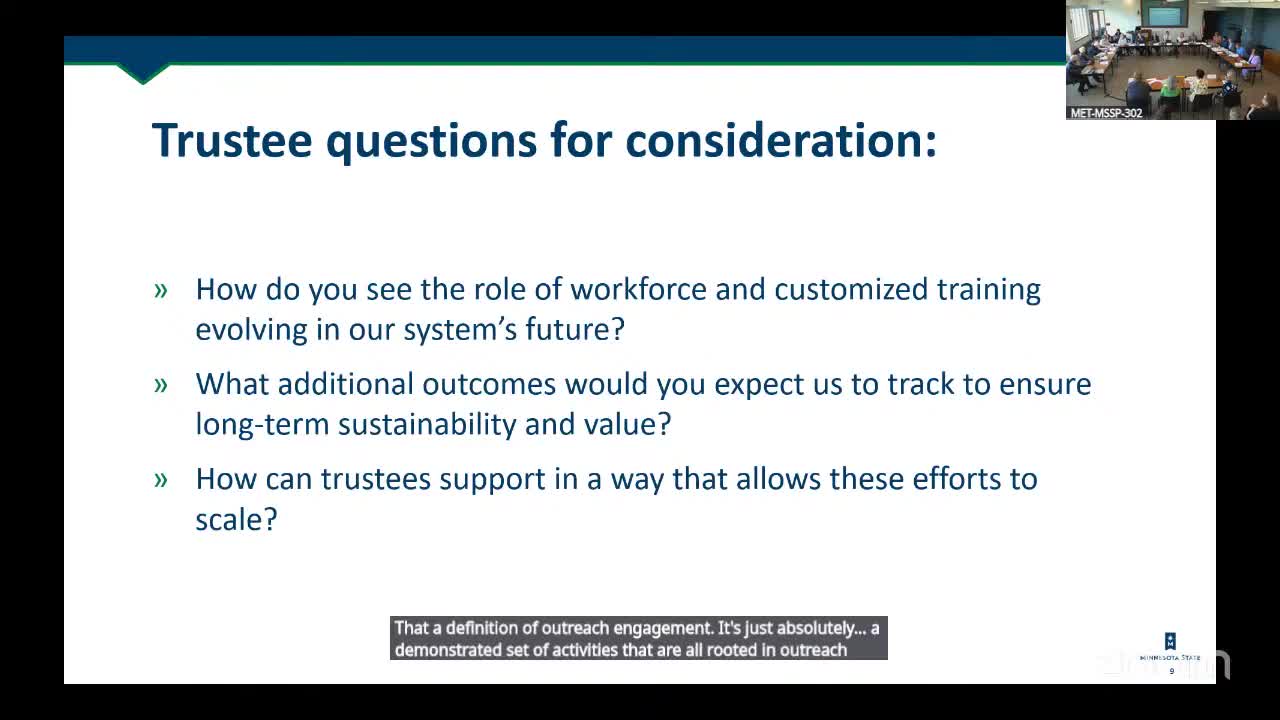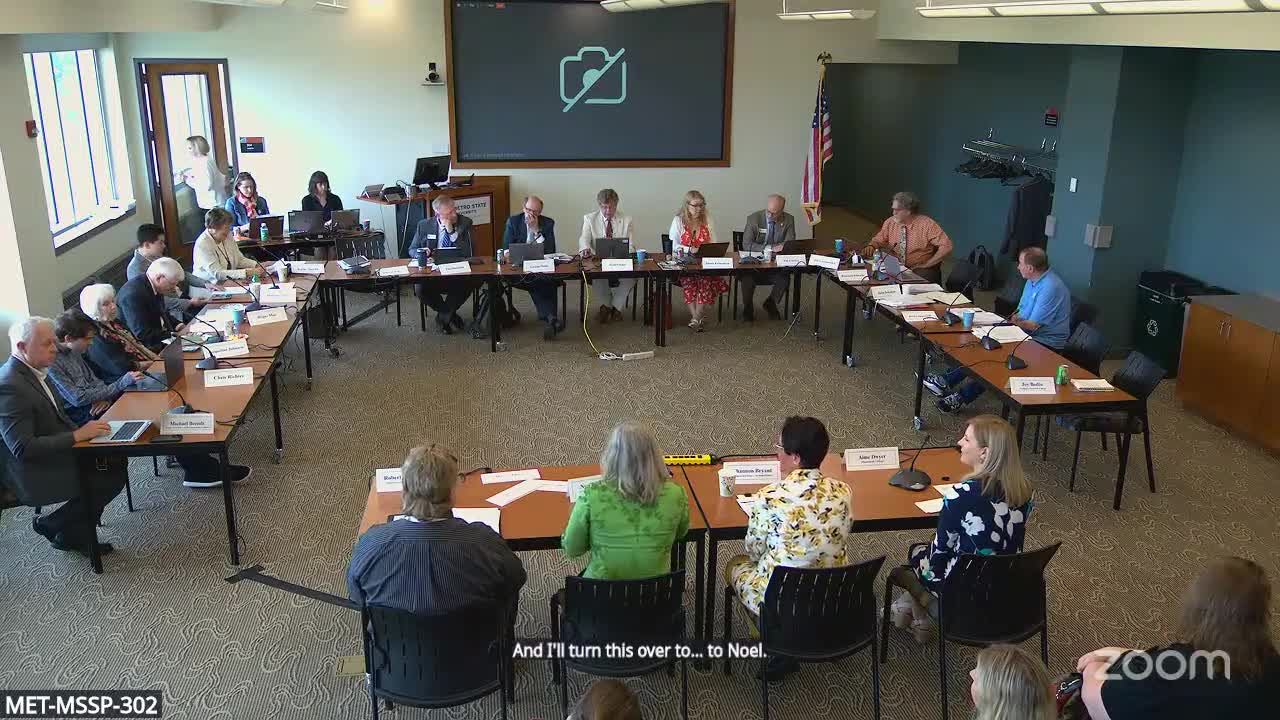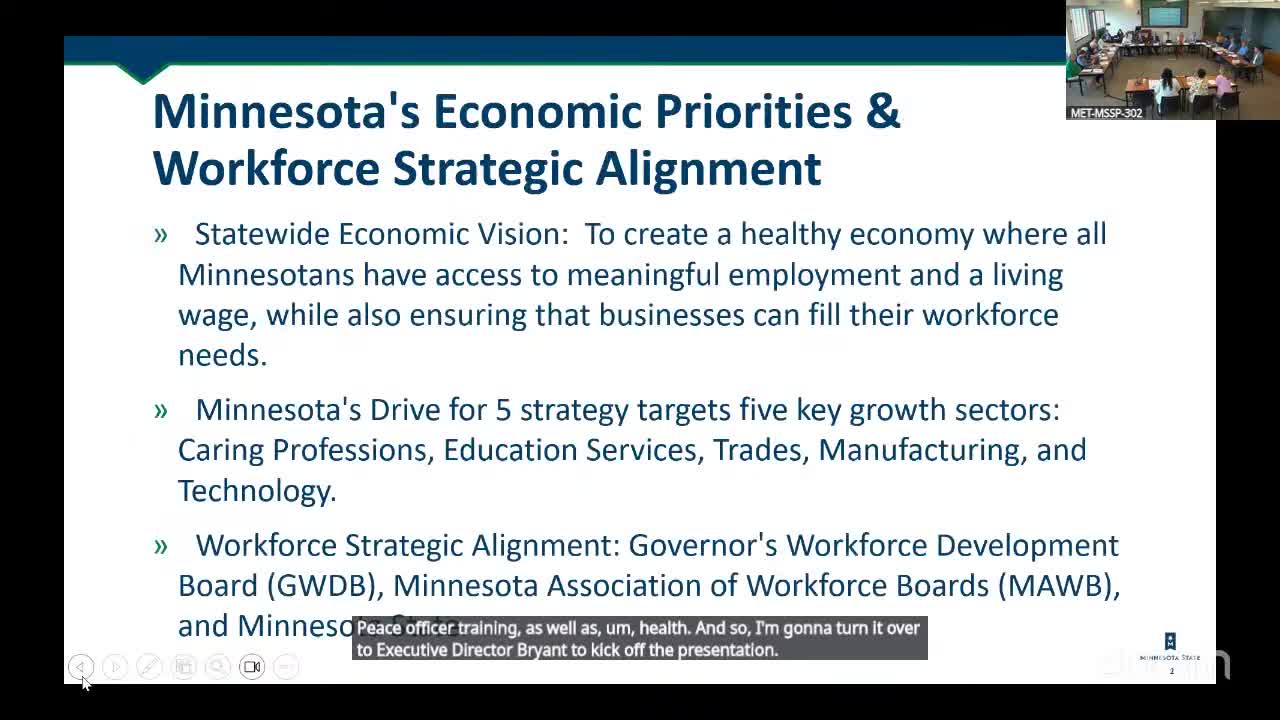Article not found
This article is no longer available. But don't worry—we've gathered other articles that discuss the same topic.

Votes at a glance: Minnesota State trustees approve FY26 operating budget, capital request and interim president

Minnesota State urges scaling contract training and statewide marketing to grow enrollment and revenue

